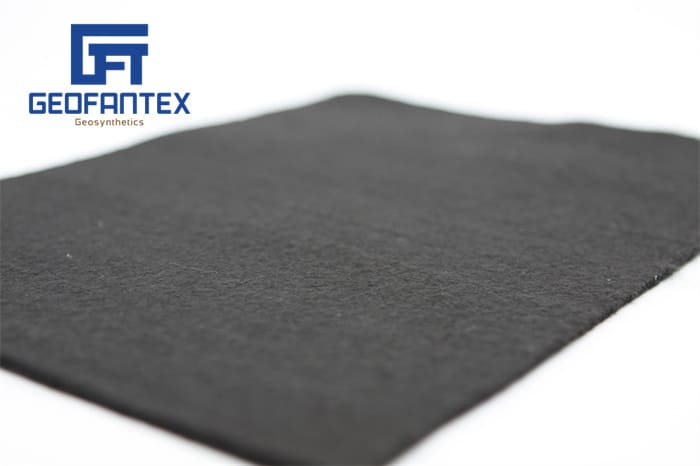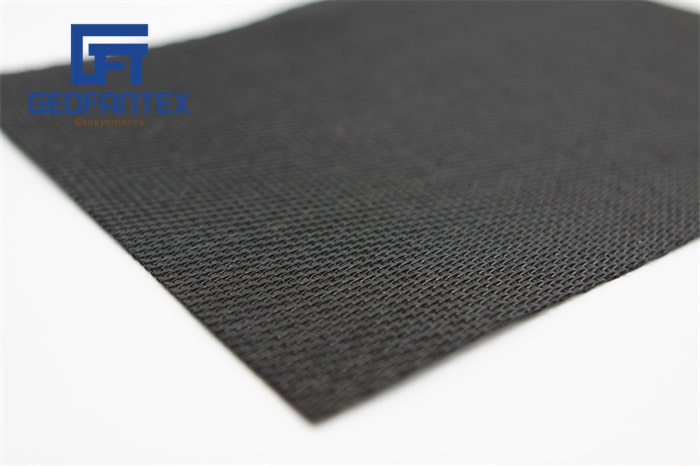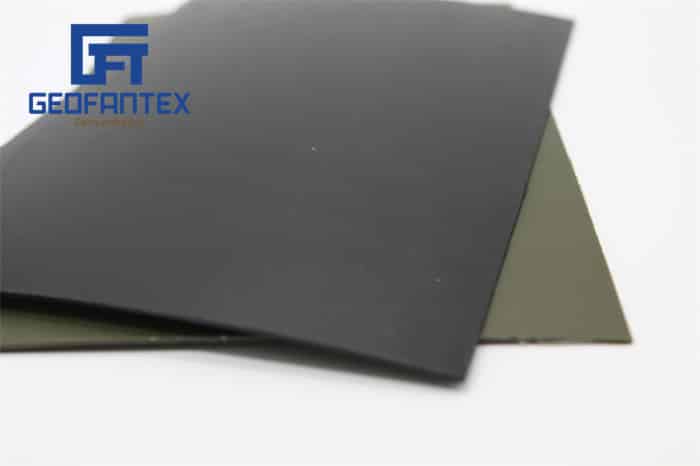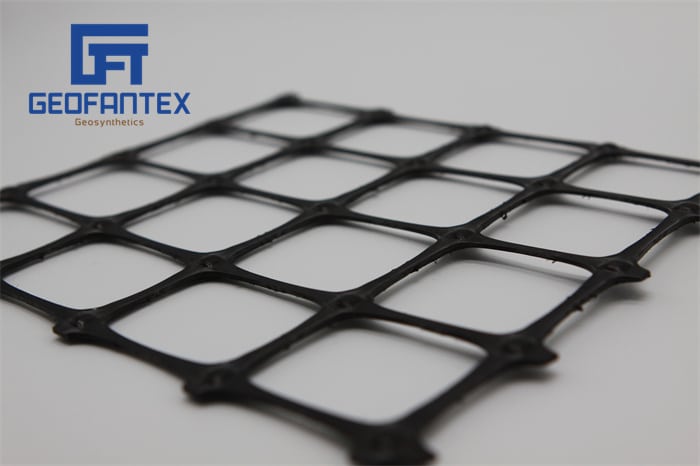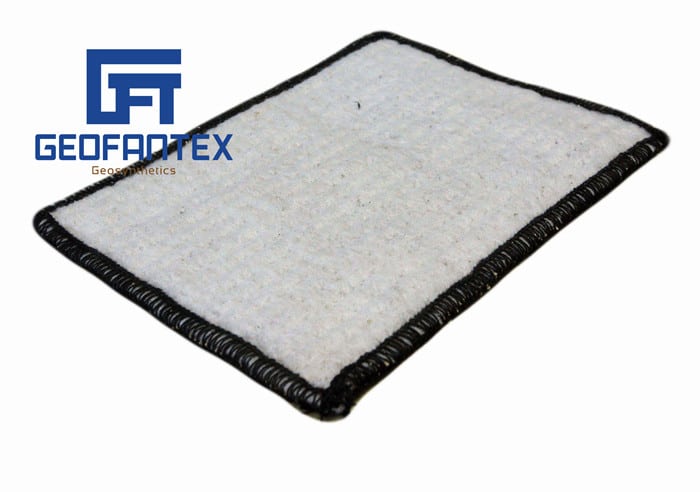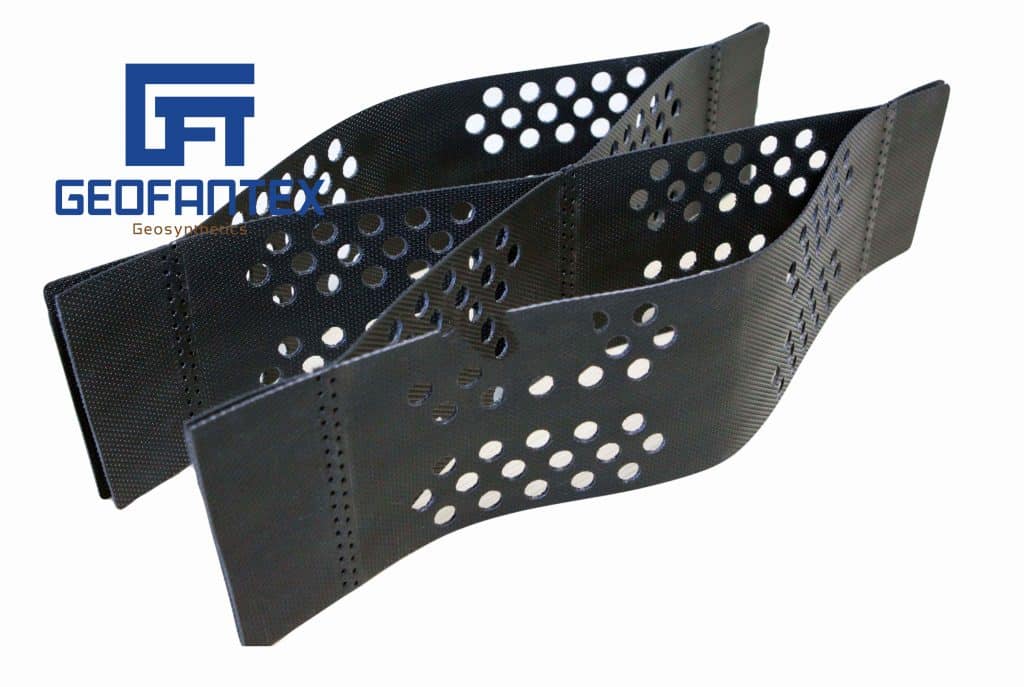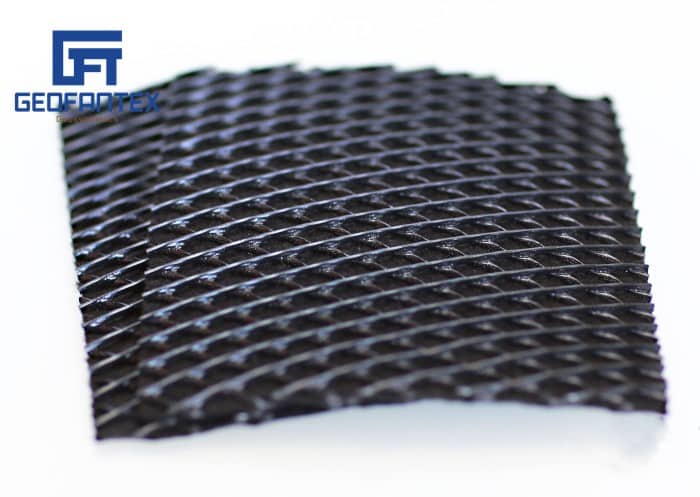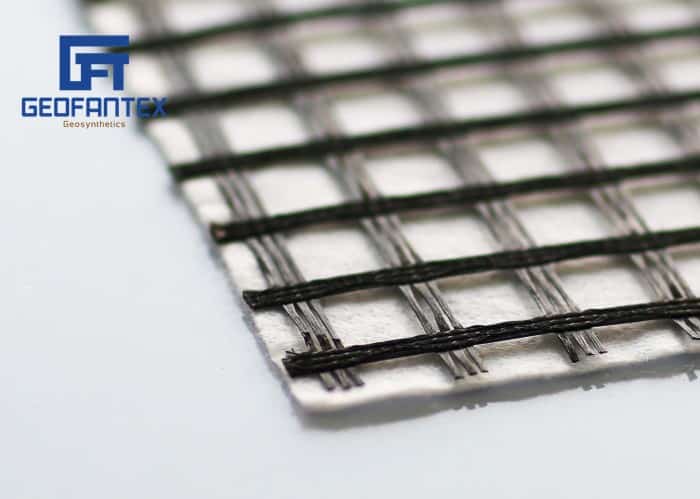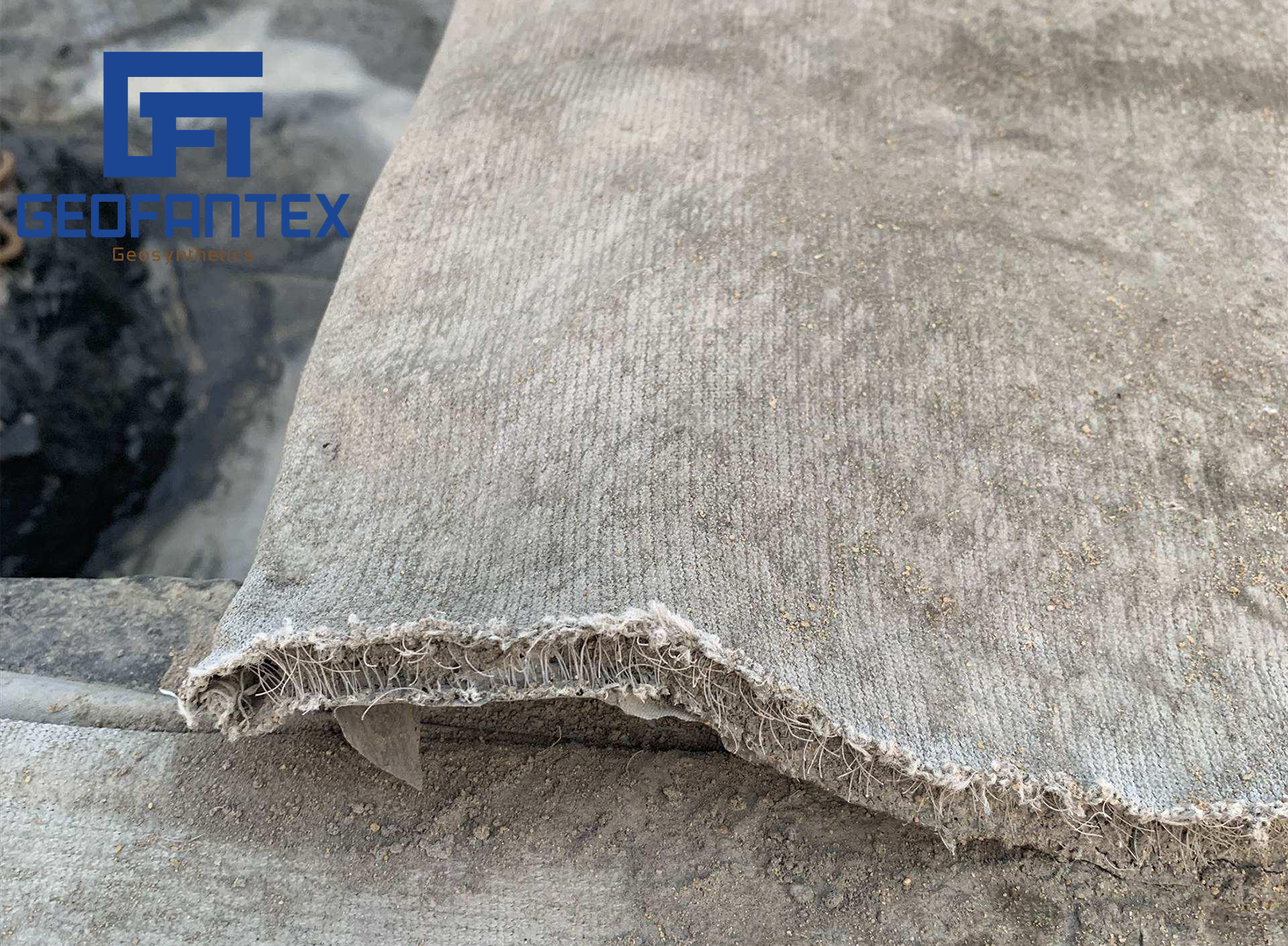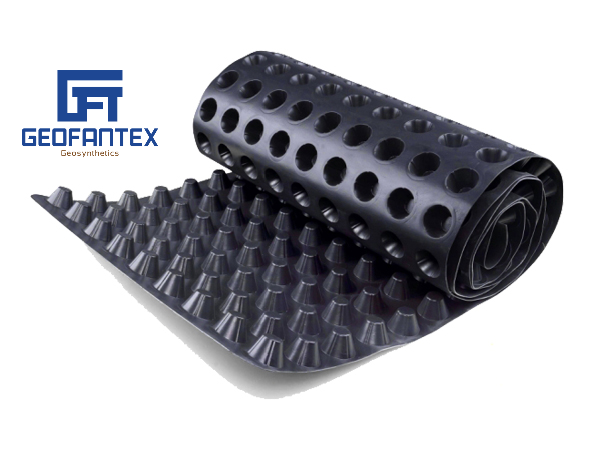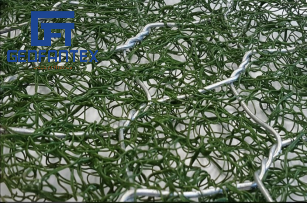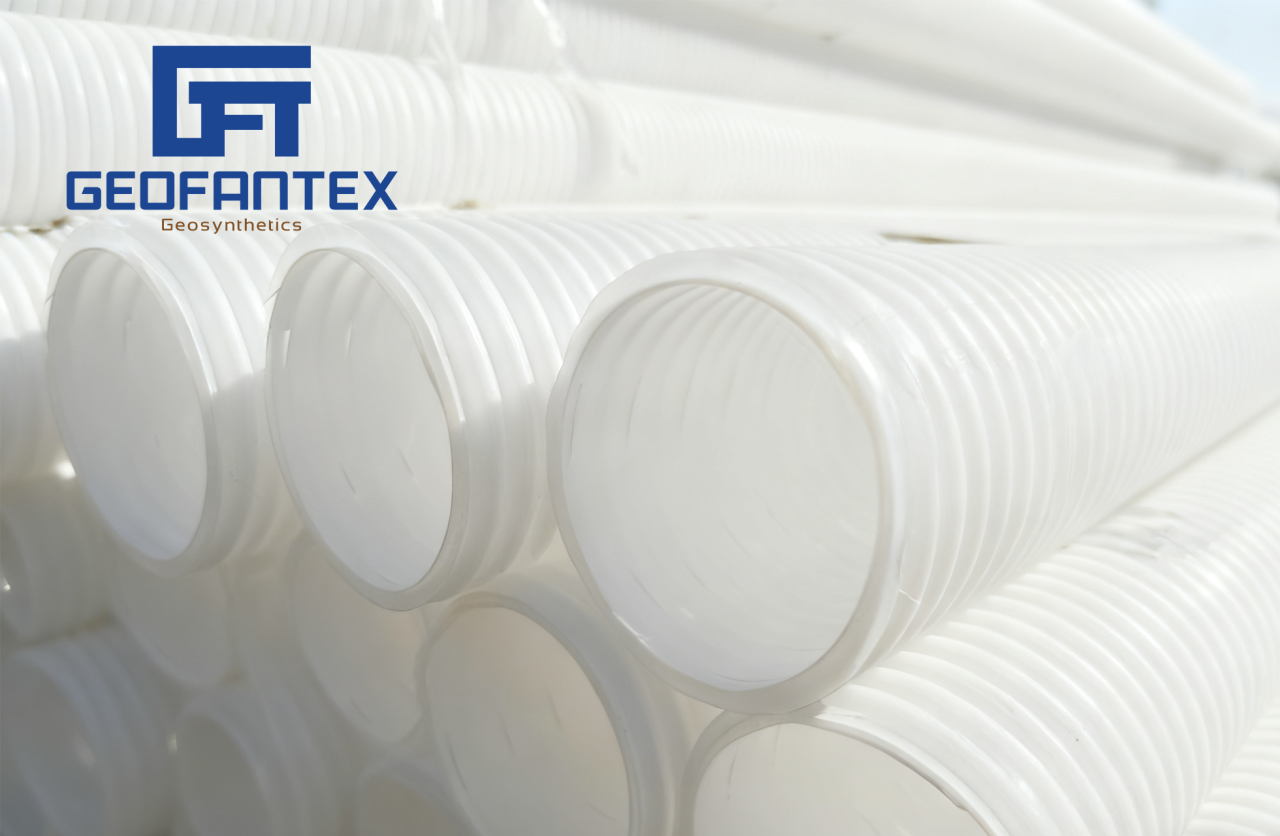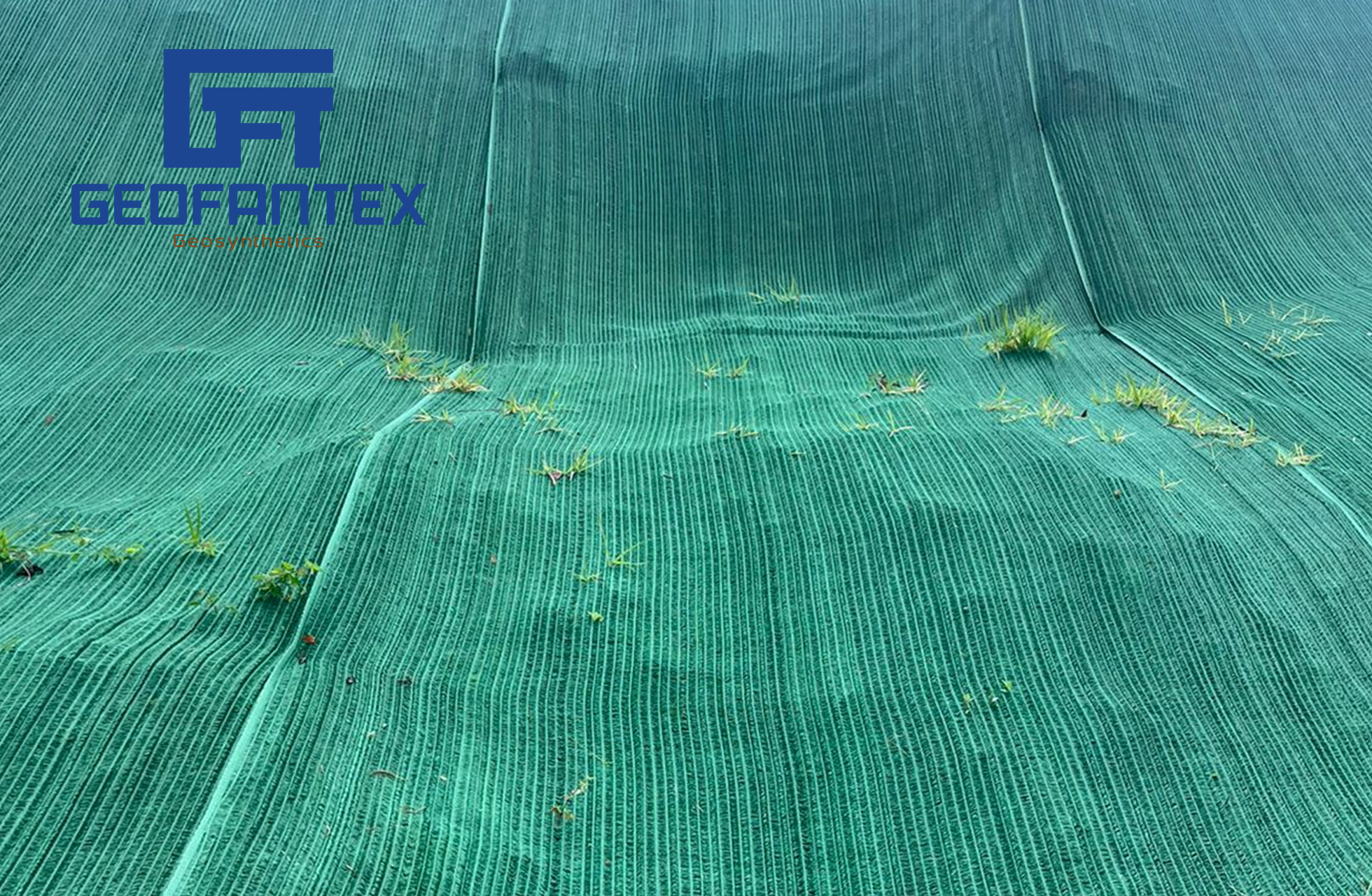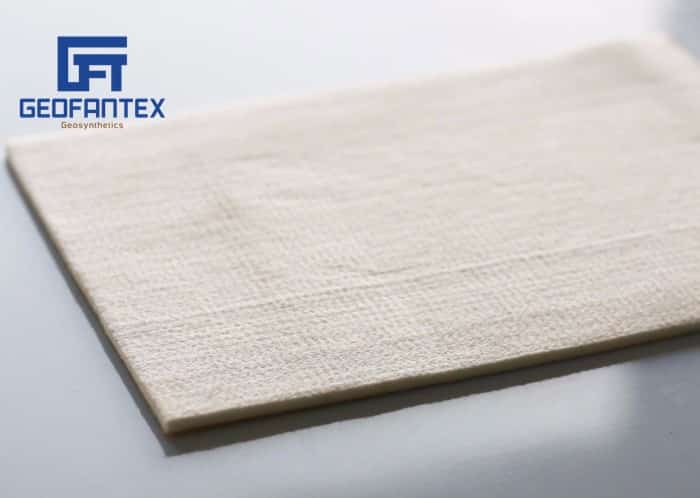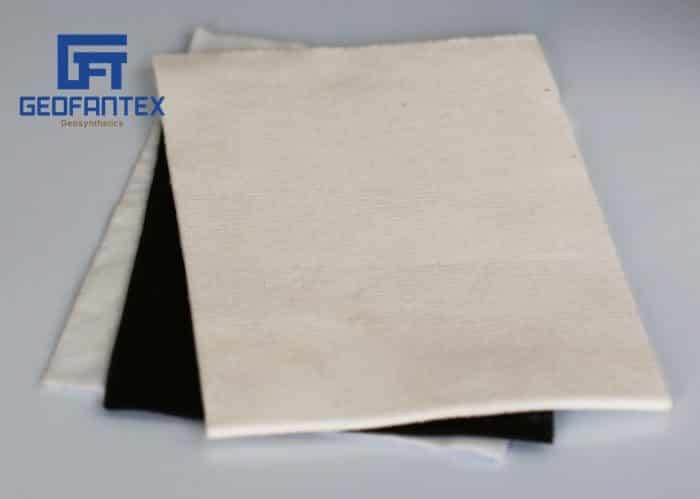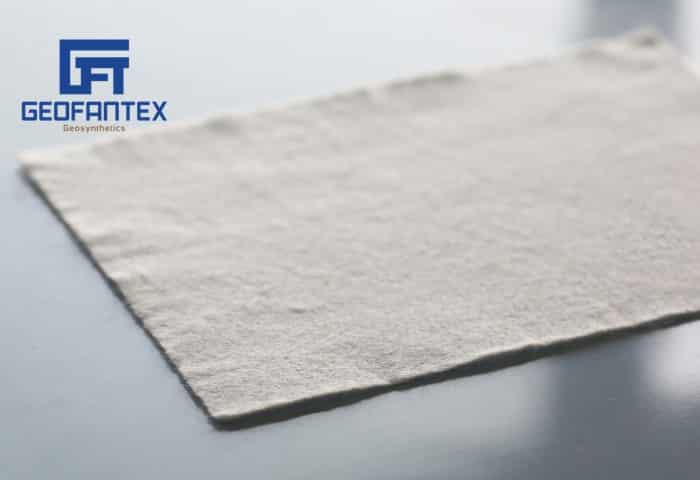+86-159 9860 6917
info@geofantex.com
geofantex@gmail.com
+86-400-8266163-44899
Geocell material has become a key innovation in the geosynthetics industry, offering enhanced stability, reinforcement, and erosion control for various construction and infrastructure projects. In this article, we’ll explore the benefits, applications, and key considerations related to geocell material and its growing importance in the geosynthetics market.
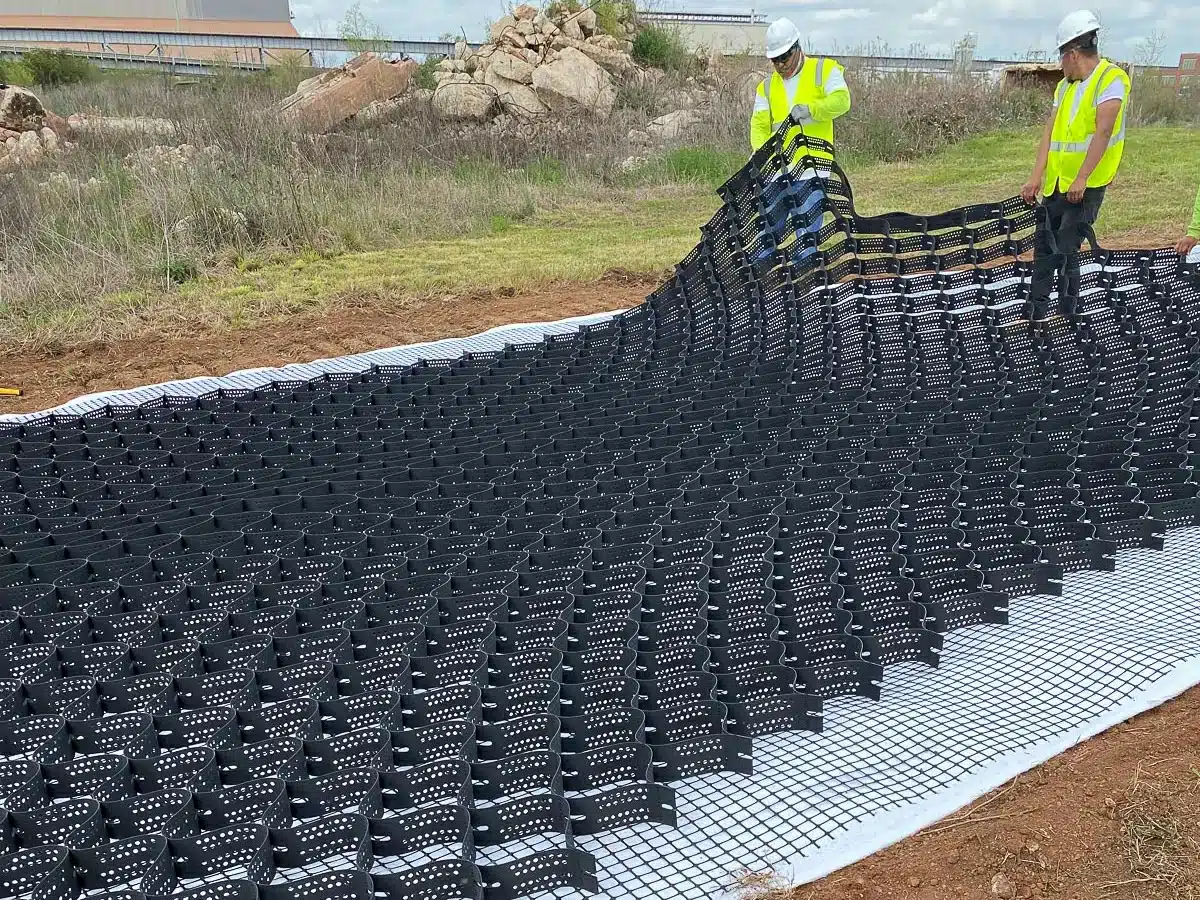
What is Geocell Material?
Geocell material is a three-dimensional cellular structure made from high-density polyethylene (HDPE) or other durable polymers. It’s used primarily for soil stabilization and erosion control. The material is manufactured in a honeycomb-like shape and is typically filled with soil, gravel, or other aggregate materials. This structure provides superior support to roadways, slopes, and foundations, reducing erosion and enhancing the load-bearing capacity of the soil.
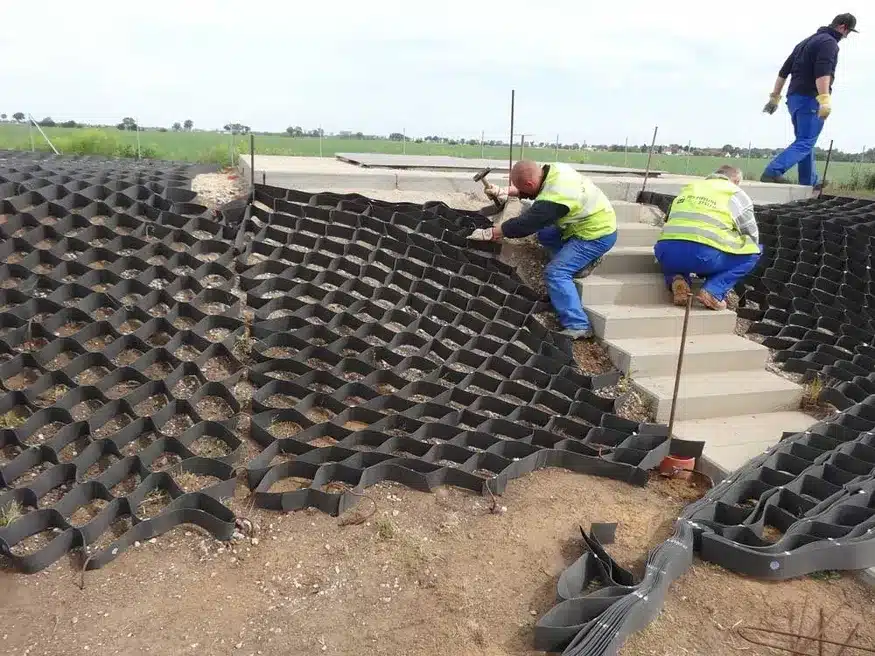
What are the Main Benefits of Geocell Material in Construction?
The adoption of geocell material brings numerous advantages in construction and infrastructure projects:
- Soil Stabilization: Geocells prevent soil erosion and improve load distribution.
- Cost-Effectiveness: The use of geocells can significantly lower costs by reducing the need for expensive traditional construction materials like concrete or asphalt.
- Enhanced Durability: Geocell material offers long-term performance, with resistance to environmental factors like UV rays, chemicals, and temperature fluctuations.
- Eco-Friendly: Since geocells can utilize local materials like gravel, they contribute to reducing the environmental footprint of construction projects.
Where is Geocell Material Commonly Used?
Geocell material is versatile and can be employed in a wide range of applications, such as:
- Road Construction: Geocells improve the performance of unpaved and low-traffic roads, offering both structural support and erosion control.
- Slope Stabilization: Geocells can be used on steep slopes to prevent soil erosion and increase stability.
- Shoreline Protection: The material is widely used in coastal areas to protect against wave erosion and stabilize shorelines.
- Landfills: Geocells help improve the stability of landfill foundations, reducing settlement and improving load-bearing capacity.
In fact, recent data shows that geocell material has become essential for 45% of infrastructure projects in regions with high erosion risks.
How Do Geocells Contribute to Sustainability in the Construction Industry?
The sustainability benefits of geocell material are significant. By using geocells, construction projects can:
- Reduce the Use of Concrete: Geocells can replace concrete in certain applications, reducing carbon emissions associated with cement production.
- Utilize Local Materials: Geocells can be filled with locally sourced materials, reducing transportation costs and environmental impact.
- Enhance Soil Health: The structure of geocells allows for better drainage and water retention, contributing to healthier soils over time.
According to a 2023 report by the Global Sustainability Index, 60% of construction projects using geosynthetics report a noticeable reduction in environmental impact compared to traditional methods.
As the demand for sustainable construction practices grows, geocell material is quickly becoming an essential part of the geosynthetics landscape. By providing cost-effective, durable, and environmentally-friendly solutions, geocells are revolutionizing soil stabilization, erosion control, and infrastructure development. With increasing adoption in key sectors like road construction, slope stabilization, and shoreline protection, geocells represent the future of efficient and sustainable geosynthetics.
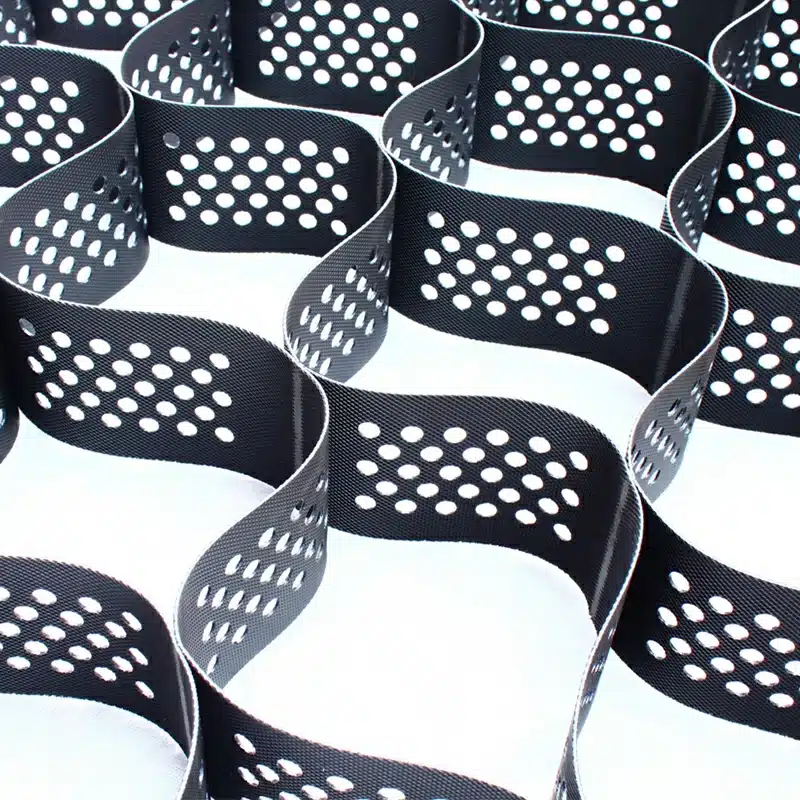
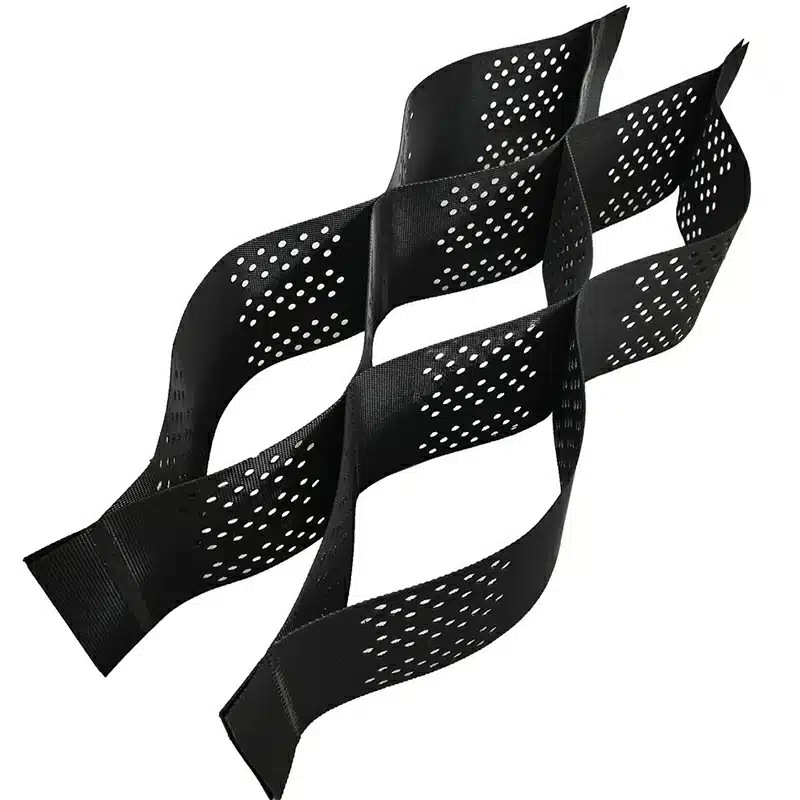
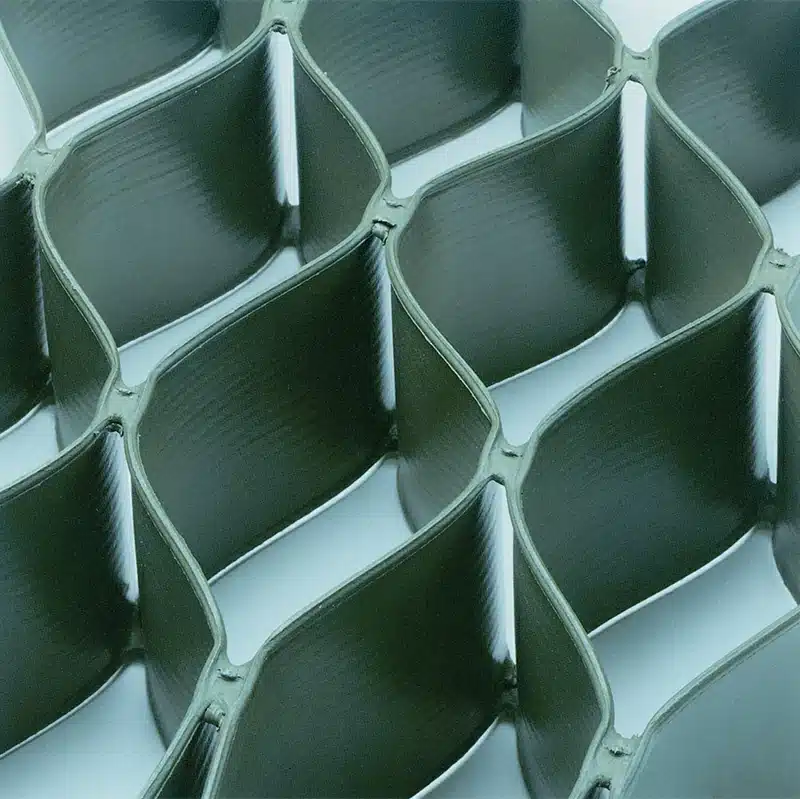
Get Free Sample
We’ll respond as soon as possible(within 12 hours)

